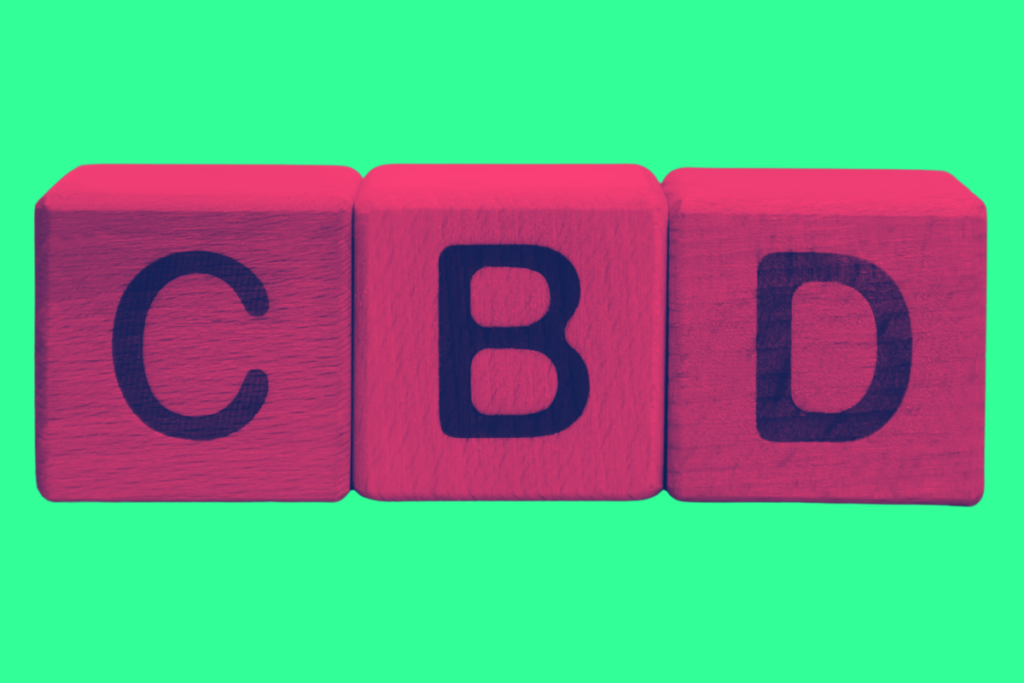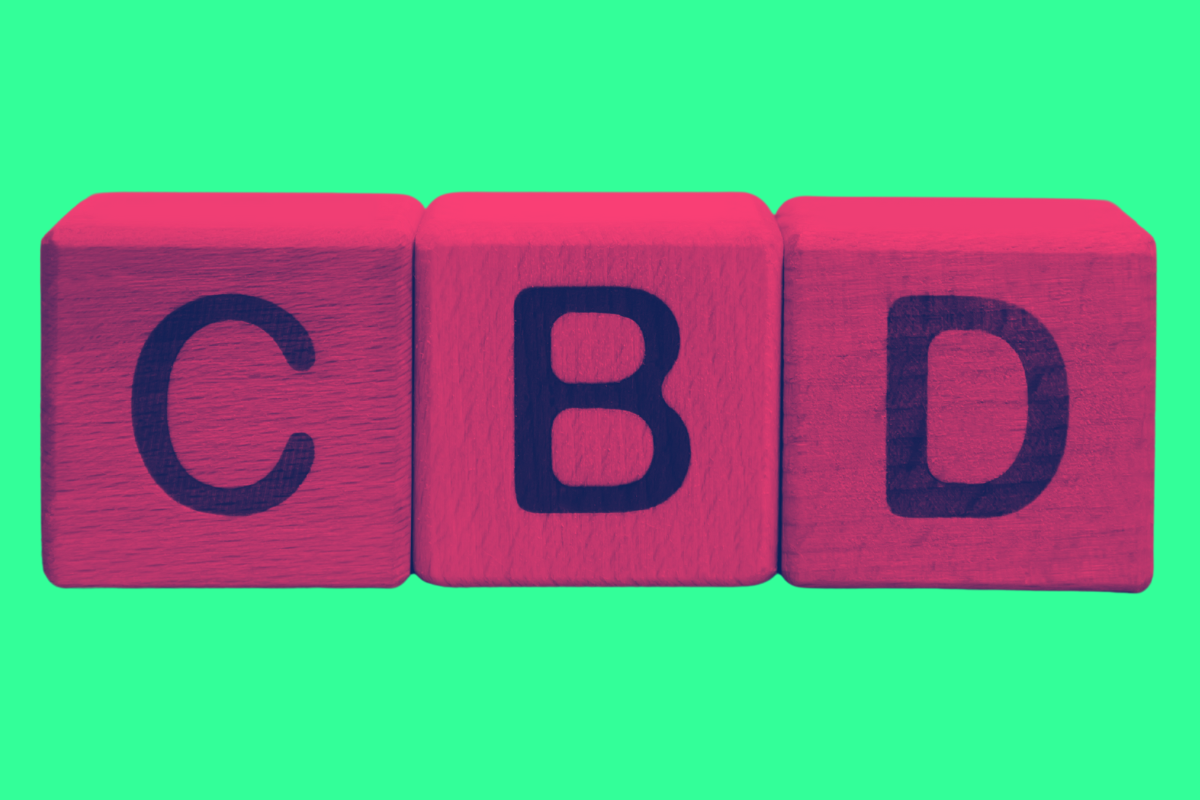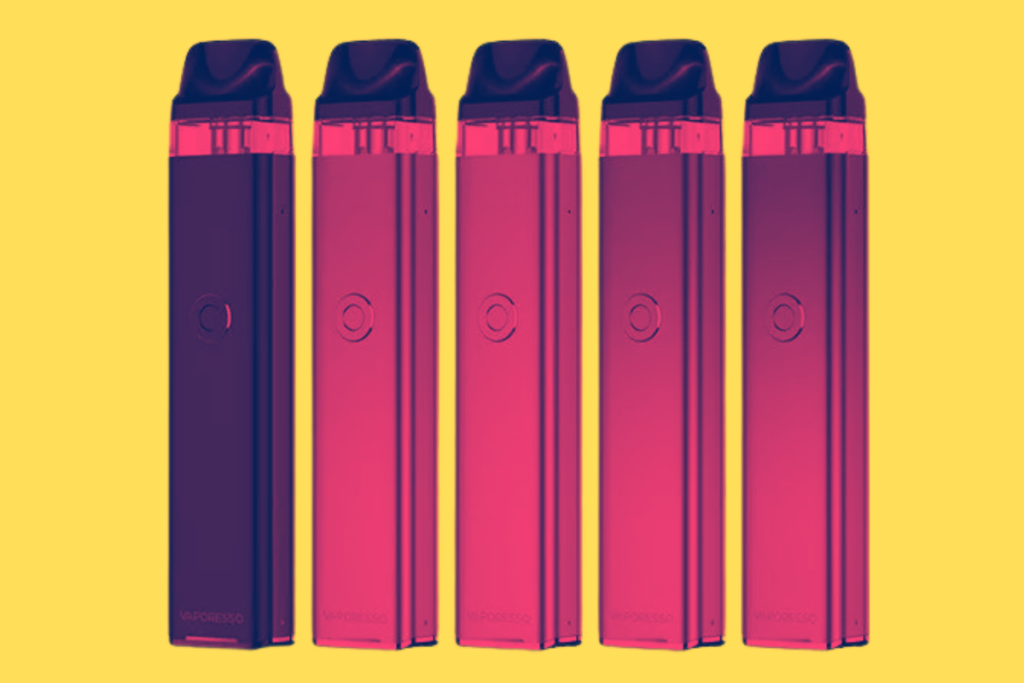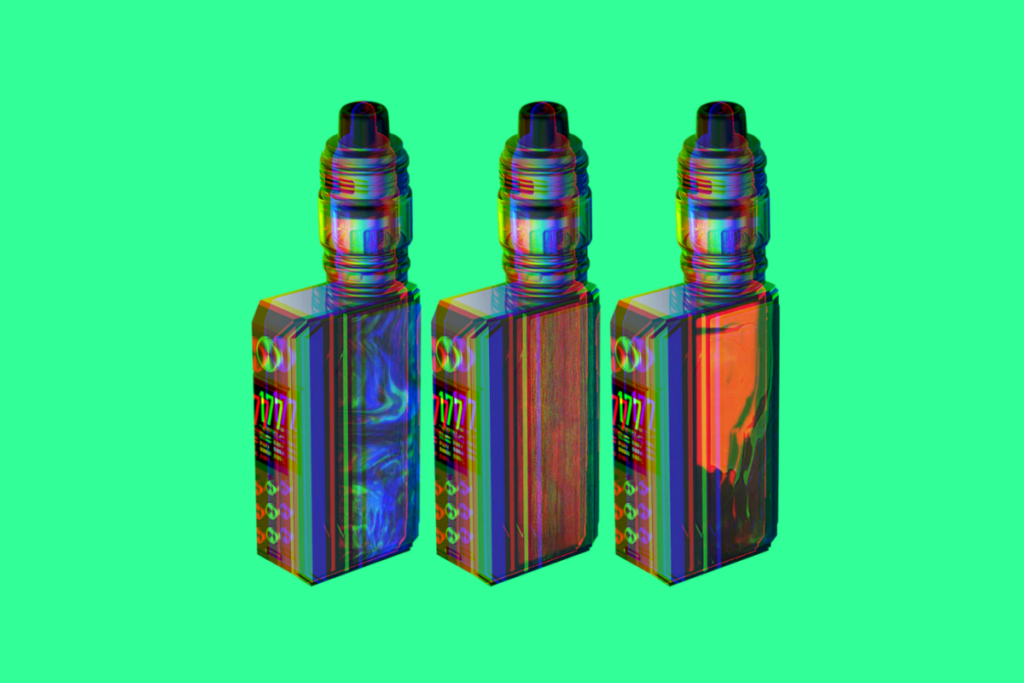Wondering whether CBD is legal in your state? Here’s everything you need to know inside one, comprehensive resource page…
Because of the nature of its composition (and where it is derived from), CBD occupied something of a grey area within the eyes of the law. But as of 2018, things have changed dramatically and, for once, it was actually in our favor.
The vast majority of CBD is derived from hemp and cannabis plants which, up until 2018, were classed under the Controlled Substance Act, alongside things like psilocybin, LSD, cannabis, and MDMA.
But then things changed; hemp – as well as non-hemp plants which CBD can be derived from – were removed from the federal Controlled Substance Act which, in effect, legalised CBD in the United States.
This bill was known as the The Agriculture Improvement Act of 2018 (AKA The Farm Bill):
The Agriculture Improvement Act of 2018 was signed into legislation by President Trump on December 20, 2018. The 115th Congress enacted the legislation and the long title is, “To provide for the reform and continuation of agricultural and other programs of the Department of Agriculture through fiscal year 2023, and for other purposes.” Most people refer to the legislation as the 2018 Farm Bill and the enacted bill is P.L. 115-334.
This five-year legislation allows USDA to carry out its vital mission of serving rural America, creating jobs, and providing a safety net for Americans in need. The 2018 Farm Bill also builds on the “Forestry” title from the 2014 Farm Bill and includes additional conservation authorities for the Forest Service.
CDC
Of course, there was a caveat, and that caveat was that any CBD bought and sold in the USA should contain no more than 0.3% THC content, with THC being the active compound in cannabis that gets you high.
But in true US fashion, not all states have removed CBD from their respective controlled substance lists which means, depending on where you live, using CBD could, in some instances, land you with a hefty fine and even jail time.
Basically, before you buy ANY CBD products, you need to know whether or not CBD is legal in your state. And that, dear reader, is why we have put together the table below. Inside it, you will find a list of all the states in the USA and details on whether CBD is legal or not.
CBD Legality By State
| STATE | CBD LEGAL STATUS | ADDITIONAL DETAILS |
|---|---|---|
| Alabama | Conditionally legal | CBD oil exceeding 0.3% THC legal with medical cannabis license for specific conditions |
| Alaska | Fully legal | |
| Arizona | Fully legal | |
| Arkansas | Conditionally legal | Cannabis-derived CBD oil exceeding 0.3% THC legal with medical cannabis license for specific conditions |
| California | Fully legal | Hemp-derived CBD edibles are not legal in the state, but cannabis-derived CBD edibles are; doesn’t seem to be strictly enforced and legislation has been proposed to remove this restriction |
| Colorado | Fully legal | |
| Connecticut | Fully legal | |
| Delaware | Conditionally legal | Cannabis-derived CBD oil exceeding 0.3% THC legal with medical cannabis license for specific conditions, though the CBD market in general is relatively unregulated in Delaware |
| District of Columbia | Fully legal | |
| Florida | Conditionally legal | Hemp-derived CBD oil only |
| Georgia | Conditionally legal | Cannabis-derived CBD oil legal with medical cannabis license for specific conditions; must contain equal amounts of THC and CBD, and THC content cannot exceed 5% |
| Hawaii | Conditionally legal | Hemp-derived CBD oil only |
| Idaho | Conditionally legal | All varieties legal so long as there is no traceable THC content |
| Illinois | Fully legal | |
| Indiana | Conditionally legal | All varieties legal so long as they do not exceed 0.3% THC |
| Iowa | Conditionally legal | Cannabis-derived CBD oil exceeding 0.3% THC legal with medical cannabis license; list of accepted conditions is fairly restrictive |
| Kansas | Conditionally legal | All varieties legal so long as there is no traceable THC content; medical CBD oil legal with license for specific conditions, provided the THC content doesn’t exceed 5% |
| Kentucky | Conditionally legal | Hemp-derived CBD oil only |
| Louisiana | Conditionally legal | Cannabis-derived CBD oil legal with medical cannabis license for specific conditions |
| Maine | Fully legal | |
| Maryland | Conditionally legal | Cannabis-derived CBD oil legal with medical cannabis license for specific conditions |
| Massachusetts | Fully legal | Oil with THC content exceeding 0.3% fully legal for adults age 21 and up and for adults 18 to 20 years old with medical cannabis license |
| Michigan | Fully legal | |
| Minnesota | Conditionally legal | Cannabis-derived CBD oil legal with medical cannabis license for specific conditions |
| Mississippi | Conditionally legal | Cannabis-derived CBD oil legal with medical cannabis license; limited number of accepted conditions; must be obtained from University of Mississippi; cannot exceed 0.5% THC |
| Missouri | Conditionally legal | CBD oil exceeding 0.3% THC legal with medical cannabis license—no qualifying conditions |
| Montana | Fully legal | |
| Nebraska | Conditionally legal | Hemp-derived CBD oil only; cannabis is illegal even for medical purposes |
| Nevada | Fully legal | |
| New Hampshire | Conditionally legal | Cannabis-derived CBD oil legal with medical cannabis license for specific conditions |
| New Jersey | Fully legal | |
| New Mexico | Conditionally legal | Cannabis-derived CBD oil legal with medical cannabis license for specific conditions |
| New York | Fully legal | |
| North Carolina | Conditionally legal | Cannabis-derived CBD oil legal with medical cannabis license; however, the program is limited to a very small subset of the population of study participants and patients suffering from specific conditions |
| North Dakota | Conditionally legal | Cannabis-derived CBD oil legal with medical cannabis license for specific conditions |
| Ohio | Conditionally legal | Cannabis-derived CBD oil legal with medical cannabis license for specific conditions |
| Oklahoma | Conditionally legal | Cannabis-derived CBD oil legal with medical cannabis license—no qualifying conditions |
| Oregon | Fully legal | |
| Pennsylvania | Conditionally legal | CBD oil exceeding 0.3% THC legal with medical cannabis license for specific conditions |
| Rhode Island | Conditionally legal | CBD oil exceeding 0.3% THC legal with medical cannabis license for specific conditions |
| South Carolina | Conditionally legal | CBD oil exceeding 0.9% THC legal with medical cannabis license; very restrictive list of qualifying conditions |
| South Dakota | Conditionally legal | Medical and recreational cannabis products illegal; ballot measure proposed to change this ruling following a successful 2020 ballot measure that was overturned by the Supreme Court |
| Tennessee | Conditionally legal | CBD oil exceeding 0.9% THC legal with medical cannabis license; very restrictive list of qualifying conditions |
| Texas | Conditionally legal | Low-THC (up to 1%) CBD oil available for patients with qualifying conditions |
| Utah | Conditionally legal | Cannabis-derived CBD oil legal with medical cannabis license for specific conditions |
| Vermont | Fully legal | |
| Virginia | Fully legal | |
| Washington | Fully legal | |
| West Virginia | Conditionally legal | Cannabis-derived CBD oil legal with medical cannabis license for specific conditions |
| Wisconsin | Conditionally legal | Cannabis-derived CBD oil legal with medical cannabis license for specific conditions |
| Wyoming | Conditionally legal | Hemp-derived CBD oil only |
Uses & Applications For CBD

If you’re curious about the uses and benefits of CBD, check out the helpful resources below which include coverage of the different types of CBD, the bioavailability of CBD, why people use CBD, and the historical use of CBD throughout history:
- Using CBD Roll On For Pain: What You Need To Know
- CBD Bioavailability Comparison: Which Type of CBD is Best?
- CBD For Runners? The Science Behind Its Positive Effects
- What’s The Best High Strength CBD Oil: 1000mg to 16000mg (UPDATED)
- CBDfx Reviews: Is It 100% Legit? Let’s Find Out…
- How To Take CBD Oil: The Most Common Ways Detailed
- The Many Different Types of CBD Products Explained
- Do CBD Gummies Actually Work? My 2 Cents…
- 10 Amazing CBD Facts That Might Just BLOW Your Mind
Is CBD FDA Approved?
Because the US loves its bureaucracy, and what is life with regulations, rules, and bureaucrats, there are additional rules about selling CBD in place in the USA to curtail the sale of potentially dangerous products, masquerading as CBD products.
The FDA learned this the hard way when it botched its response to a slew of deaths, following the proliferation of illegal THC-laced JUULpods in some states. Rather than going after the source, the FDA, instead, went after the entire vaping industry, using the deaths as a weapon.
With CBD, things are pretty tightly regulated. Any company wanting to sell CBD products must have their products FDA approved before they’re allowed on sale in the USA. Has this stopped companies from selling CBD? No…
The entire CBD market is something of a grey area, much like vaping. But with CBD, the grey area is defined by what the CBD is made from, and this is why there is so much confusion about CBD in the United States. Not just with consumers, but also with law makers.
Is CBD legal to use? Yes. But only certain kinds of CBD. Confused? I bet. Here’s a simple breakdown of what type of CBD is legal and which is illegal in the United States (as of 2023):
- If the CBD is made from cannabis it is classed as a Schedule 1 substance in the eyes of the FDA and is illegal;
- But if it is made from hemp, which is no longer a controlled substance, and it contains less than 0.3% THC, it is legal;
- Again, though, the legality of CBD varies from state to state, so please refer to the table above for more information.
Useful Resources:
The ONLY FDA-Approved CBD / Cannabis Product
As for FDA-approved CBD products, as of right now there is only one: Epidiolex. But what is Epidiolex? Epidiolex is a medication used to treat two rare and severe forms of epilepsy: Lennox-Gastaut syndrome (LGS) and Dravet syndrome.
Epidiolex is the first FDA-approved drug derived from cannabis, containing purified cannabidiol (CBD), and it was approved because multiple studies demonstrated CBD’s efficacy in reducing seizures in patients with these disorders.
CBD companies, the type that you and I frequent, get around these laws (that the FDA has to approve all CBD products) by using hemp-derived CBD. This ensures that they can sell their products in the USA without falling prey to lawsuits or federal action against them.
What does this mean? Simple: when you buy CBD online or inside a B&M store, you’re buying CBD that is A) made in the USA, and B) is derived solely from hemp and contains no more than 0.3% THC.
And if you want to know what CBD to buy, we have a full breakdown of the best quality CBD brands on the market right now inside our Best CBD Guide For 2023.





Leave a Reply